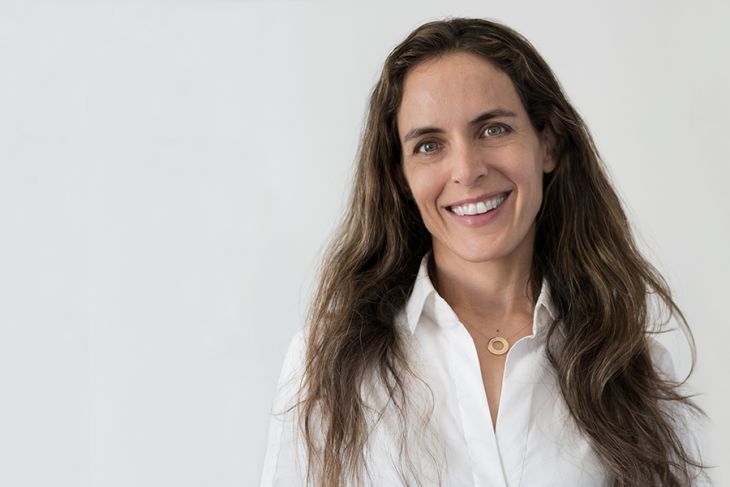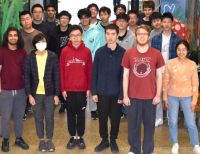Yael Tauman Kalai PhD ’06, an MIT Department of Electrical Engineering and Computer Science (EECS) adjunct professor, member of the MIT Computer Science and Artificial Intelligence Laboratory (CSAIL), and senior principal researcher at Microsoft Research has been awarded the 2022 ACM Prize in Computing for “breakthroughs in verifiable delegation of computation and fundamental contributions to cryptography” by the Association for Computing Machinery (ACM). The $250,000 prize recognizes early-to-mid-career computer scientists who have made key research contributions to the field, such as Kalai’s influence on modern cryptographic practices.
She has long maintained a focus on improving the efficiency and privacy of communications through her cryptography research. One early innovation: developing methods for verifying the correctness of computation. Kalai developed “doubly efficient” interactive proofs that minimize the computational overhead of so-called strong devices, which are machines capable of carrying out more complex cryptographic functions. Succinct proofs offload computations from a weak device to a stronger one, paving the way for faster, more reliable transactions. Ethereum and other blockchain companies have since implemented these proofs to verify the validity of transactions.
Kalai’s extensive contributions to cryptography also include co-inventing ring signatures with Ron Rivest and Adi Shamir, introducing the concept in 2001 as a type of digital signature that could protect the identity of a signee. This innovation later evolved into a key component of cryptocurrency systems such as Cryptonote and Monero. Additionally, Kalai’s work on the widely-adopted Fiat-Shamir heuristic established a better understanding of the paradigm’s security issues.
“As data is the currency of our digital age, the work of cryptographers, who encrypt and decrypt coded language, is essential to keeping our technological systems secure and our data private, as necessary,” says ACM President Yannis Ioannidis. “Yael Kalai has not only made astonishing breakthroughs in the mathematical foundations of cryptography, but her proofs have been practically useful in areas such as blockchain and cryptocurrencies. Her research addresses complex problems whose solution opens new directions to where the field is heading — focusing on keeping small computers (such as smartphones) secure from potentially malicious cloud servers. A true star all around, she has also established herself as a respected mentor, inspiring and cultivating the next generation of cryptographers.”
Kalai currently focuses on both the theoretical and real-world applications of cryptography, including work on succinct and easily verifiable non-interactive proofs. The 2022 ACM Prize in Computing recipient completed her PhD at MIT in 2006 while being advised by Shafi Goldwasser. She previously graduated from the Hebrew University of Jerusalem in 1997 and earned a master’s degree at the Weizmann Institute of Science in 2001.
Her extensive list of awards includes an International Association for Cryptologic Research fellowship, the George M. Sprowls Award for Best Doctoral Thesis in Computer Science in 2007, an IBM PhD Fellowship (2004-06), an MIT Presidential Graduate Fellowship (2003-06), and an Outstanding Master’s Thesis Prize from the Weizmann Institute of Science in 2001. She will receive her latest honor at the ACM Awards Banquet on June 10 at the Palace Hotel in San Francisco.







